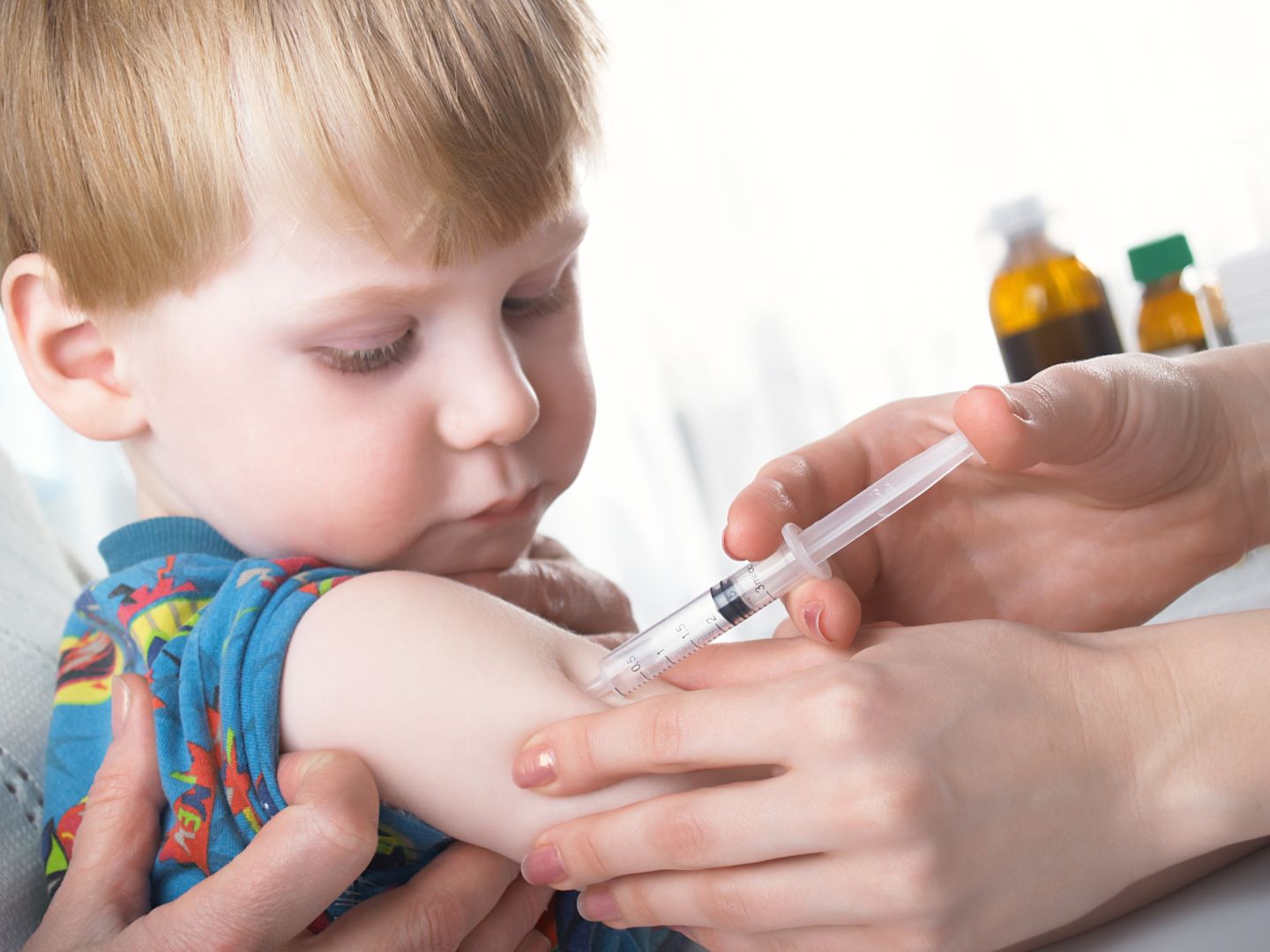
According to the latest data from the US Centers for Disease Control and Prevention (CDC), over 64 cases of measles have been documented in the US in 2024, already exceeding the total number of 58 cases observed in 2023. While the US eliminated measles as an endemic infection in the year 2000, some cases are still seen every year. These cases usually consist of unvaccinated residents who acquire the infection while travelling abroad. However, this year’s atypical outbreaks combined with the current decrease in vaccination rates, which were exacerbated by the Covid-19 pandemic and general vaccine hesitancy, have triggered a high level of concern of a potential measles resurgence across the US.
Measles is one of the most contagious viral diseases. Given the high transmission rate, measles often spreads within families, infecting multiple children, highlighting the importance of childhood vaccination. The two-dose measles-mumps-rubella (MMR) vaccine is part of the national immunisation schedule for all children and adults. When both doses are given, the MMR vaccine is 97% effective at preventing measles. However, the CDC estimates that over 61 million doses of the MMR vaccine were missed from 2020 to 2022 due to the Covid-19 pandemic worldwide, significantly increasing the risk of outbreaks.
Herd immunity for measles is achieved through a vaccination rate of 95% or more and is critical for preventing disease outbreaks. It is especially important for protecting vulnerable unvaccinated populations. The CDC has identified 36 US states where less than 95% of children in kindergarten have been vaccinated against measles this year, leaving them below the herd immunity threshold. While vaccination rates have only dropped from 95% to 93%, this represents about 250,000 unprotected children.
In response to the current measles outbreaks, the CDC updated its travel guidelines earlier this month. The CDC now advises individuals planning to travel abroad who are uncertain of their vaccination status to see a doctor at least six weeks before travel to ensure they have time to be fully immunised. Previous guidelines recommended seeing a doctor at least four weeks prior to international travel. The CDC also recommends that unvaccinated children who are at least one year old should receive two doses of the measles-containing vaccine at least 28 days apart before they travel.
Increased vaccination efforts and public awareness should be prioritised to help prevent the resurgence of measles. Additionally, further research regarding the potential of waning immunity in fully vaccinated adults is warranted to ensure that all individuals remain protected.
Access the most comprehensive Company Profiles on the market, powered by GlobalData. Save hours of research. Gain competitive edge.

Your download email will arrive shortly
We are confident about the unique quality of our Company Profiles. However, we want you to make the most beneficial decision for your business, so we offer a free sample that you can download by submitting the below form
By GlobalData
